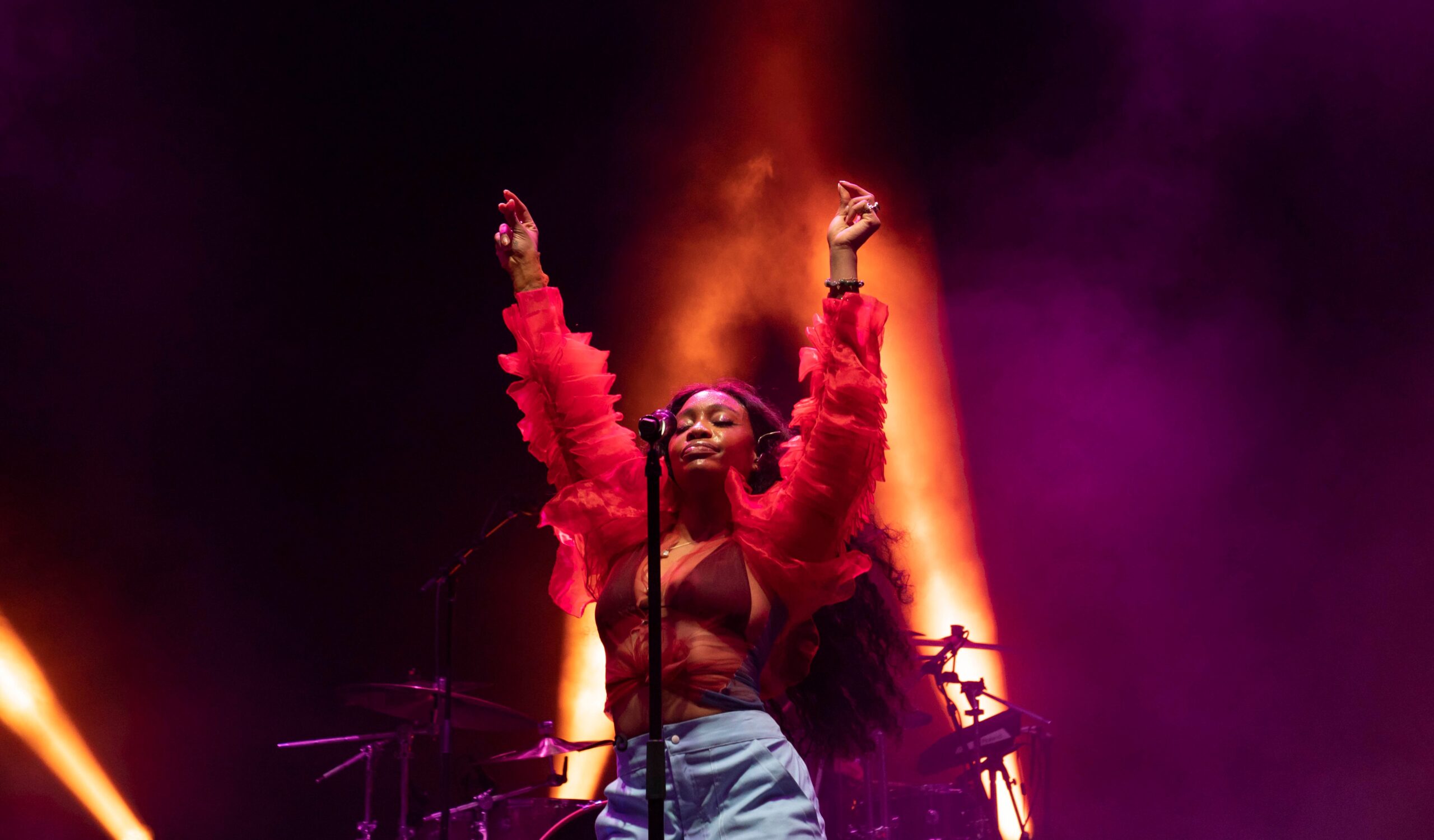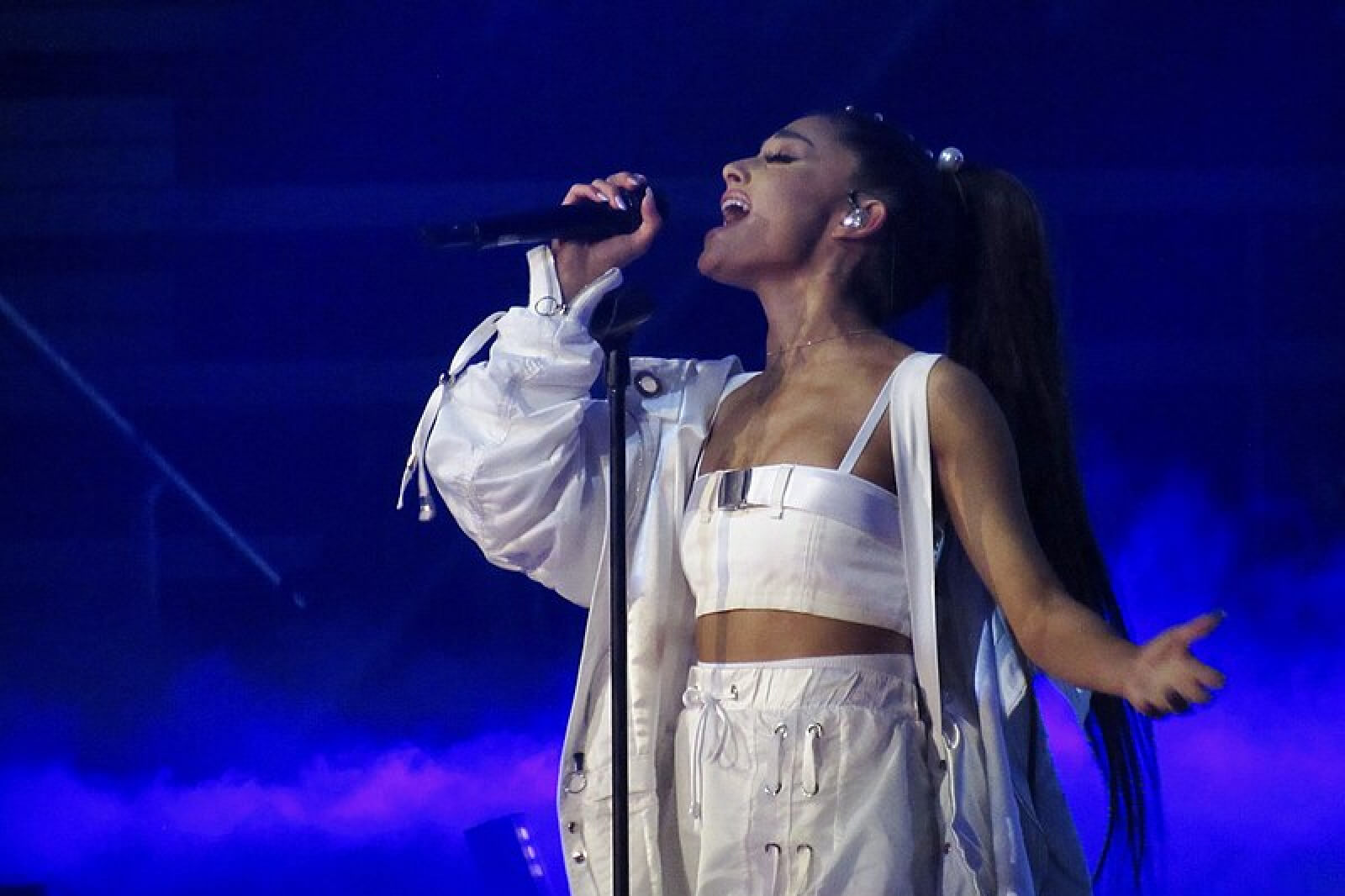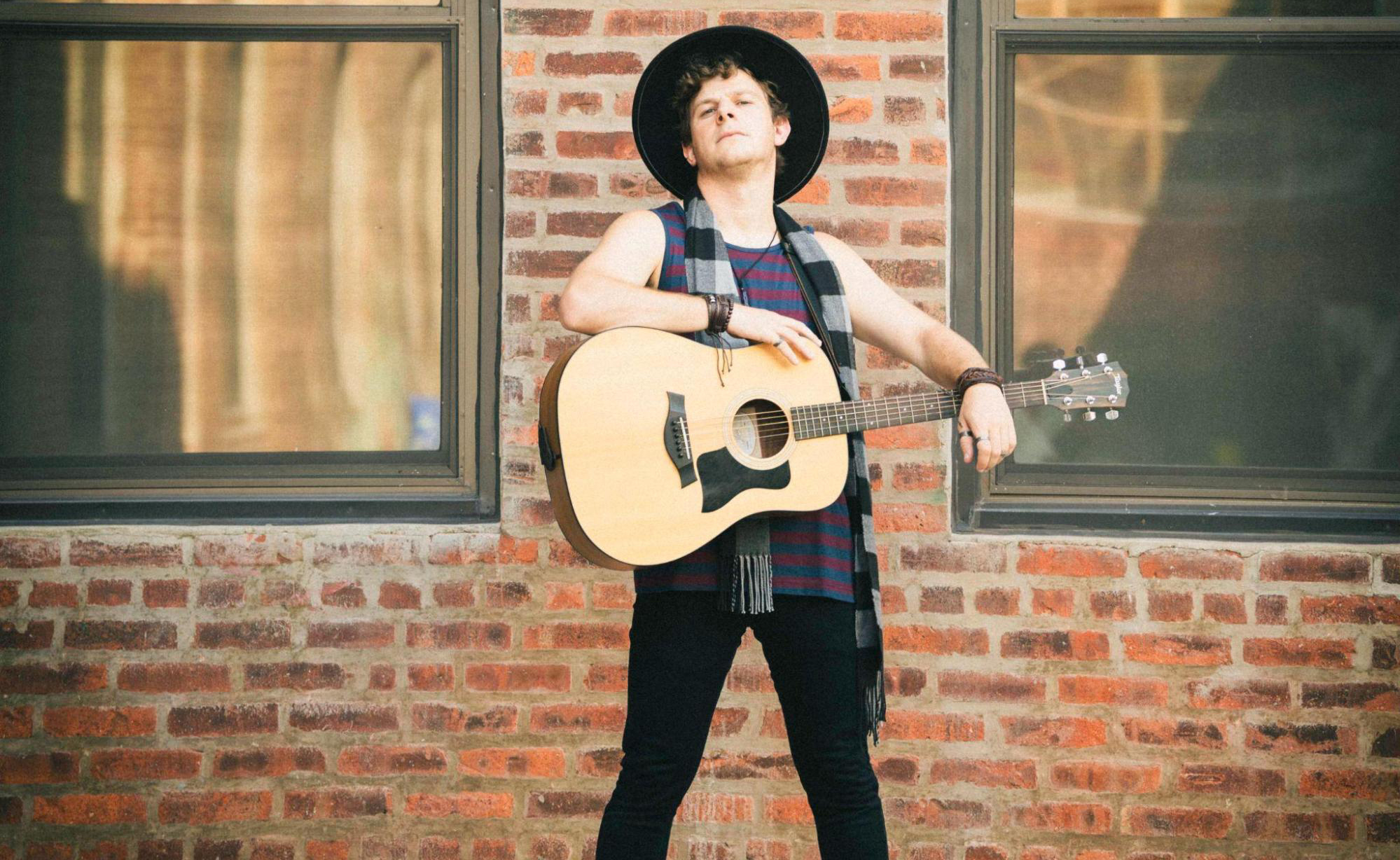
SZA
Photo by Hunter Crenian (Shutterstock)
At the 2013 Grammys ceremony, Frank Ocean took home the inaugural award for Best Urban Contemporary Album.
Earning the singer-songwriter this newfangled prize was his lauded debut effort, Channel Orange, a record recognized as both alternative R&B and of a genre-defying class of its own, with the latter description somewhat explaining why it occupied such a vague space during that year’s Grammy roundup. The album’s unconventional sound incorporated a variety of musical subgenres, from electro-funk to ambient. And at the time, the industry players behind the creation of the “Urban Contemporary” category claimed its primary purpose was inclusion.
“When you look at the whole picture, it shows how diverse the musical tastes really are amongst our generation—and this category exemplifies that,” producer and Recording Academy’s Board of Trustees member Ivan Barias told The Fader in 2017. “It’s indicative of a certain musical energy that encompasses all of the diverse genres of urban music…[This category is meant to] celebrate all of these other artists who tend to pull from different genres.”
In the context of Barias’ statement, “other artists” denoted those who explored sounds outside of R&B’s typical stylistic origins, while “different genres” referred to anything that wasn’t R&B itself. However, it’s this very ambiguity that has left Black artists, industry professionals, and music fans steadily skeptical of the “Urban Contemporary.”
Recently, in response to seven years of criticism mostly stemming from the Black community, the Recording Academy announced its quick fix: rename the category to “Progressive R&B.” In a new statement, the organization said this change was spurred by the current state of the music industry, and the rebirthed category will “highlight albums that include the more progressive elements of R&B, and may include samples and elements of hip-hop, rap, dance, and electronic music” as well as “production elements found in pop, euro-pop, country, rock, folk, and alternative.”
But the Academy’s decision to drop the “Urban Contemporary” tag is about as effective as slapping a Band-Aid on a broken limb—and to assume that the worst thing about the category was its euphemistic title is far too self-confident of the illustrious organization that has been repeatedly admonished for its own systemic racism.
Throw the whole word “urban” away, already
This is not to say the phrase “urban contemporary” wasn’t problematic, because it absolutely was. In fact, Tyler, The Creator said, “I don’t like that ‘urban’ word—that’s just a politically correct way to say the n-word to me” earlier this year after winning Best Rap Album for IGOR; he was preaching to the choir. Black folks have been rubbed the wrong way about the adjective “urban” and the way it seems to be non-Black people’s favorite term to describe various cool things invented by Black people: hip-hop, soul and R&B is “urban” music; streetwear is “urban” fashion; graffiti is “urban” art; and b-boying is “urban” dancing.
But in a failed effort to be politically correct, institutions shaping Western pop culture still effectively perpetuate incorrect stereotypes and generalizations about Black people—for instance, that all black people live in cities, or that our music originated from the ghettos of said cities rather than our roots in Africa, the Caribbean, and the deep south. Likewise, the phrase “urban music” blatantly defies its own etymology, as other genres founded in cities, like punk or EDM, are never lumped under the “urban music” umbrella. In 2018, Virgin EMI’s Rob Pascoe shared a sentiment similar to Tyler’s, asking the industry, “At what point can we get you to give up and just describe Drake’s ‘God’s Plan’ as a massive pop record rather than ‘urban’?”
Tyler, The Creator Shares How “Urban” Category Feels Racist & Like Backhanded Compliment at GRAMMYswww.youtube.com
It is Pascoe’s succinct comment that points to the remaining, underlying issue—while the Academy’s decision to call a wrap on the “Urban Contemporary” phrase seems progressive, the award category’s entire presence stands far too tall as a barrier of segregation between Black and white artists, regardless of its updated, fanciful title. Let’s not forget that a myriad of popular music’s biggest successes at the moment, both commercially and critically—Rihanna, Beyoncé, Frank Ocean, and of course, Drake—are Black, and yet, the last Black person to win the most prestigious Grammy Award, Album of the Year, was Herbie Hancock in 2008. This discriminatory pattern was even suspicious enough to prompt Ocean (whose Channel Orange lost to a Mumford & Sons’ LP for the 2013 Album of the Year) to pass on submitting his sophomore record, Blonde, for Grammy consideration altogether.
“That institution certainly has nostalgic importance,” Frank Ocean said in a 2016 interview with The New York Times. “It just doesn’t seem to be representing very well for people who come from where I come from, and hold down what I hold down.” However, in stark contrast with the overwhelming whiteness of the “Album of the Year” category winners is the blackness of the Grammys’ R&B genre, under which the novel “Best Progressive R&B Album” category will be housed (alongside, but distinct from, the ceremony’s long-standing “Best R&B Album” classification), effective immediately.
And though it’s natural for Black musicians to dominate a genre-field of Black music, it’s questionable that very few of these artists—from the aforementioned luminaries to copious other stars, like Kendrick Lamar, Cardi B, The Weeknd, Pharrell Williams and Janelle Monae—have been able to break through the ceilings of the Rap and R&B fields and triumph in the esteemed “Big Four” categories. In this sense, the “Progressive R&B” classification is especially awkward, posturing as another way for the Academy to tell Black musicians, “We see you!” without really seeing anyone. Further proving the illegitimacy of the “Urban Contemporary” category is its frequent exclusion from the ceremony’s main telecast. Thus, under the guise of inclusivity, both the new and old category titles are equal in true purpose: to appease the Black community and its musical artists who have been demanding impartial recognition for decades.
Separate is not equal—and today’s R&B is anything but stationary
However, micro-aggressive racism in American culture is regularly veiled as “progressive thinking,” and the Academy’s diversity initiative isn’t fooling anyone who’s Black. Indeed, what is separate is not equal, despite the segregation the Grammys have immortalized—and notable is the trend in which most artists lumped into the “Urban Contemporary” category are making music that would arguably fit just fine in other, more widely-recognized categories, like Best Pop Vocal Album or Best R&B Album. For instance, knockout LPs such as Miguel’s last three full-lengths and SZA’s Ctrl have all been nominated for the Best Urban Contemporary Album award, although anyone with a pulse on Black music would consider these records to be exceptional and deliberate 21st-century R&B—not the “urban-like” products of amalgamated genres, nor “R&B lite.” In that same vein, Black radio stars like Rihanna, Lizzo, and Khalid craft outstanding pop records adequate for competition in the Best Pop Vocal Album category, yet, the fruits of their labor are swept under the dismissive rug of “Urban Contemporary.”
And while this categorical segregation is entirely unnecessary, it’s also insulting to R&B as both an evolving genre and community of Black artists. As much as the new term “Progressive R&B” insinuates that rhythm and blues, along with soul, is regressive or stagnant if not actively pulling sonic inspirations from other genres like dance, rock or pop, it moreover restricts what it means to be a Black artist in contemporary R&B. Black music is subject to transformation just as much as any “non-black” genre, thus, its creators should be able to embrace alternative sounds without being othered—so if Bruce Springsteen’s heartland rock Wrecking Ball and Coldplay’s synthpop opera Mylo Xyloto can both earn nominations for Best “Rock” Album at the 2013 Grammys, what about Frank Ocean’s Channel Orange is not R&B, or Tyler, The Creator’s IGOR pop?
On January 21 next year, the Best Progressive R&B Album category will have its big, shiny debut at the 63rd Annual Grammy Awards—and under that imaginative title will be an assemblage of gifted Black artists, many of whose work will also be nominated for, but likely not win, the exalted Album of the Year award. Although it’s unknown how many Black musicians and industry professionals were consulted before the Recording Academy decided to toss around some new verbiage and call it a day, one thing is certain: As with most other enduring American institutions established during an era of overt anti-blackness, the Grammys aren’t going to eradicate its own racism via piecemeal reformation.














